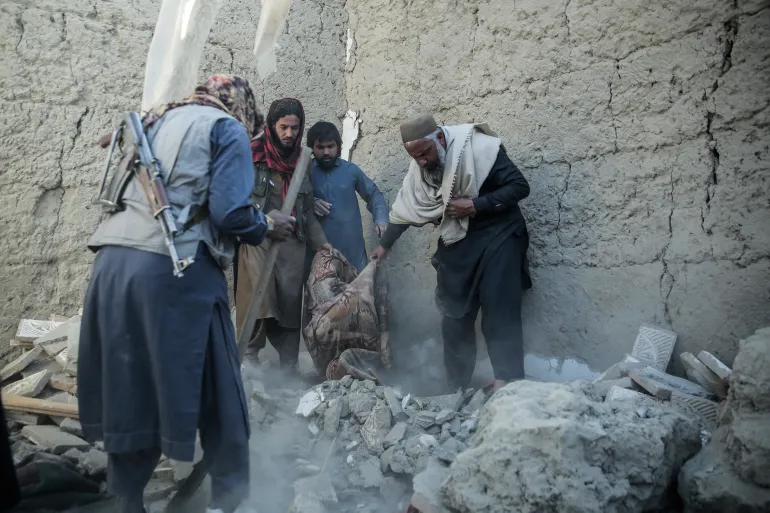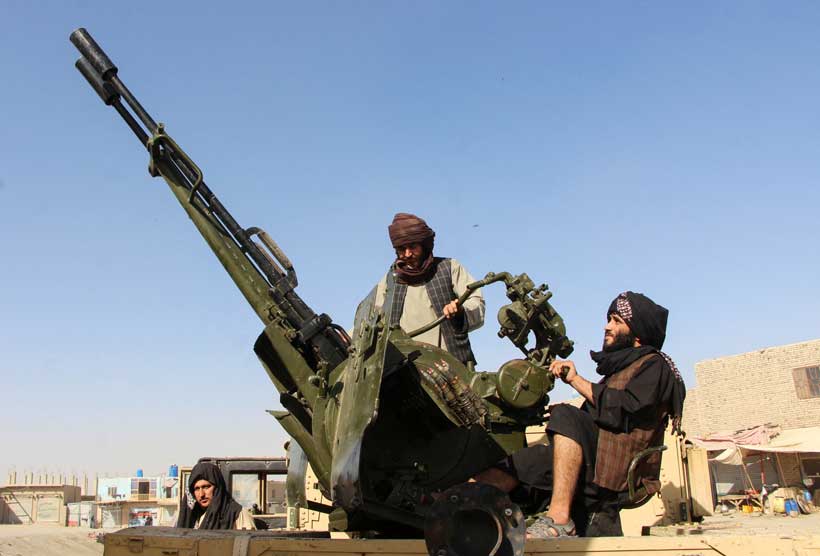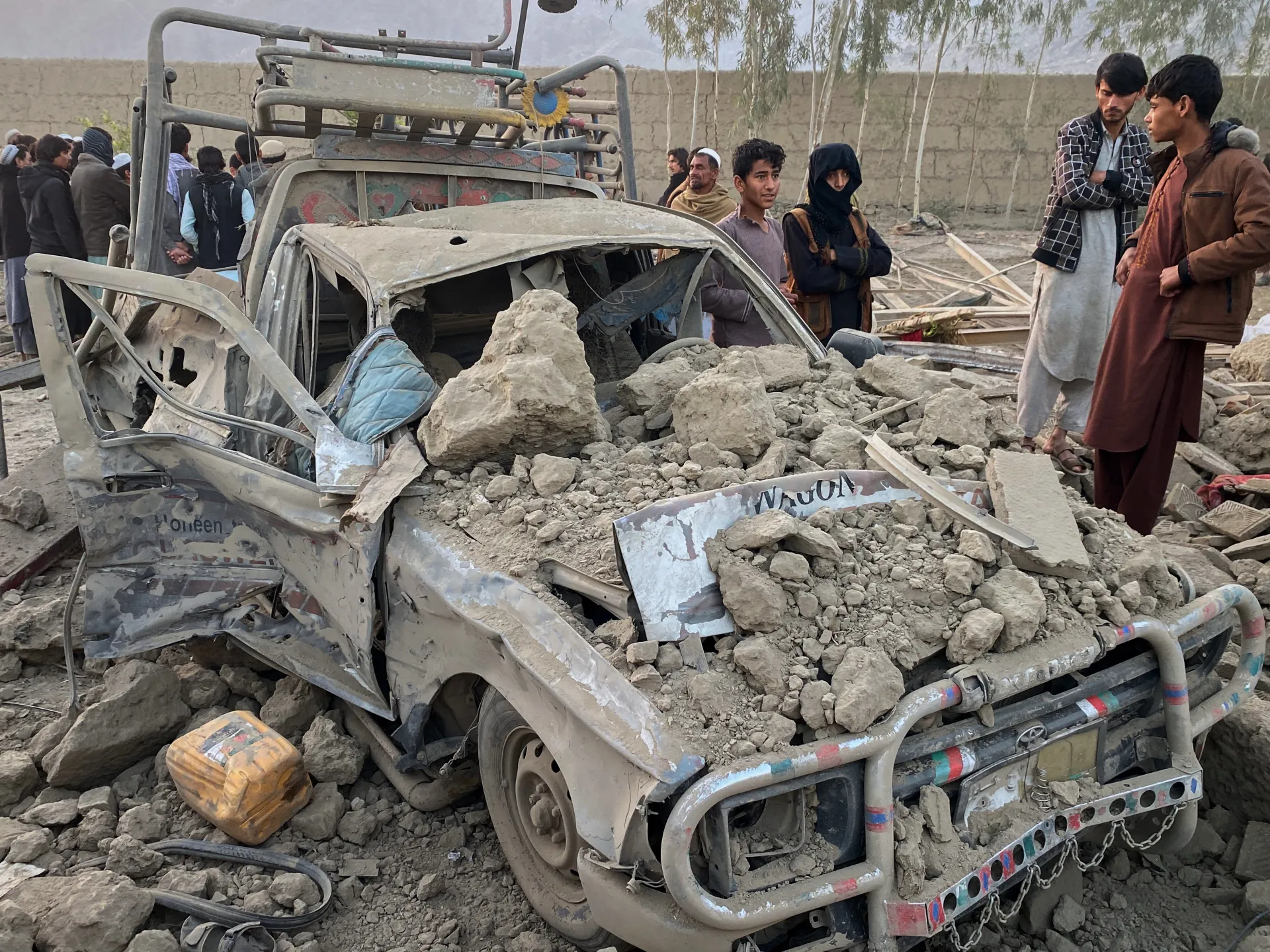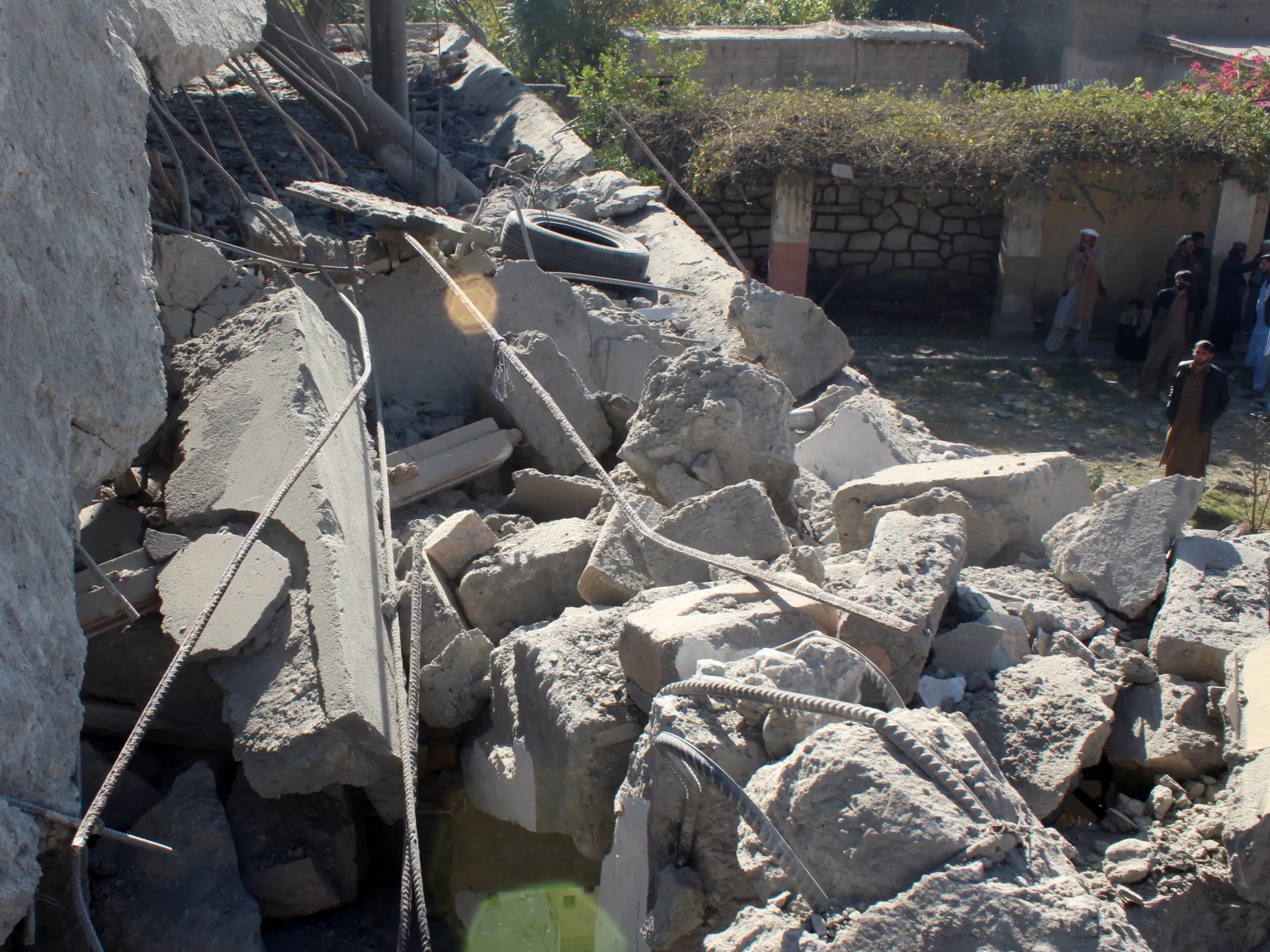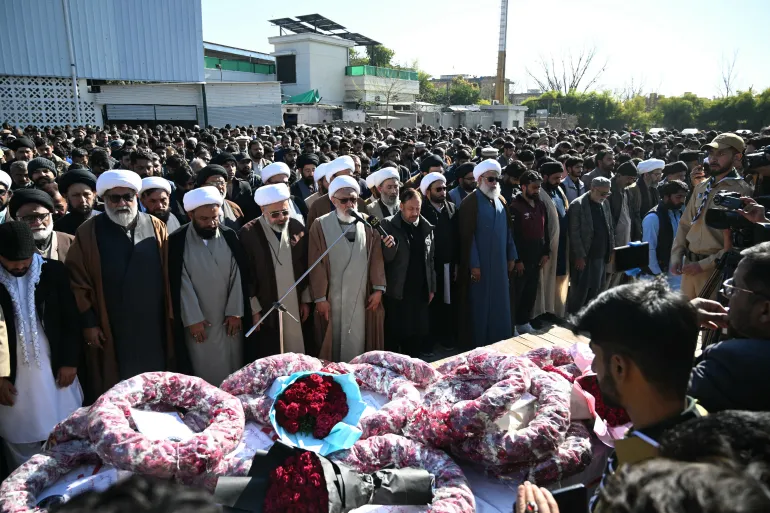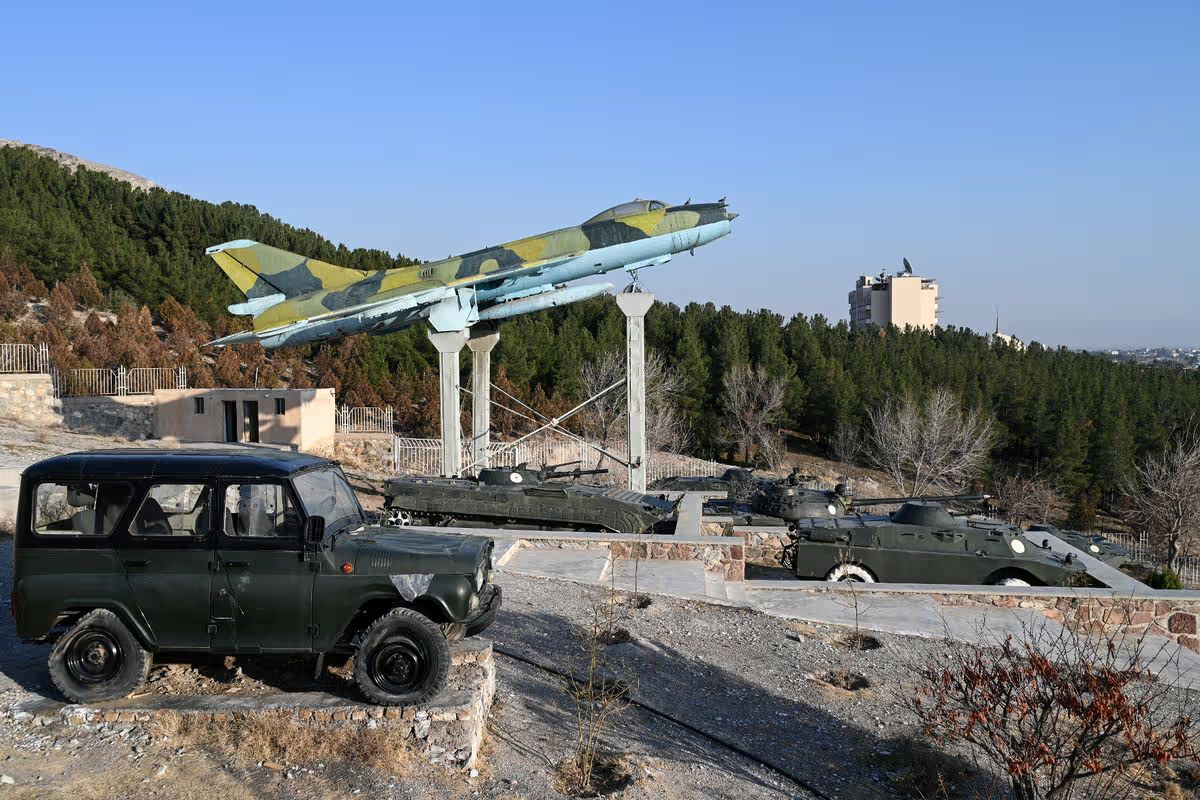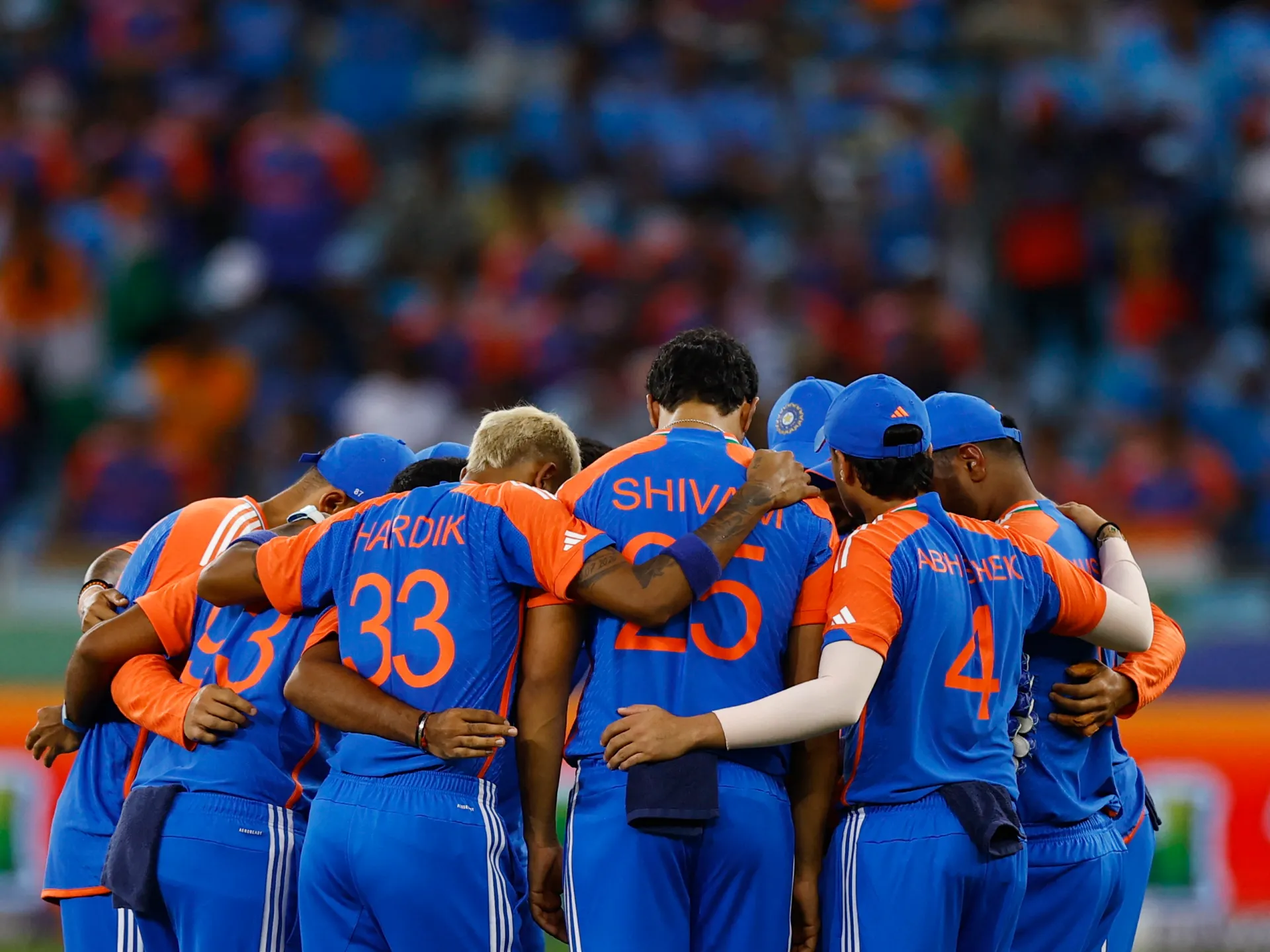Tourists are being encouraged to visit war-torn Afghanistan with a new guide being published this month
A new travel guide is being published for first time in 20 years persuading tourists to visit … Afghanistan.
The war-torn country is not on on most travellers’ current bucket lists and the Foreign Office tells tourists they must not visit. Once a key stop on the hippie trail, Afghanistan disappeared from travel itineraries in recent years. But the mainstream publisher Bradt feels the time is now right for the country to re-emerge onto the map.
Author James Willcox said: “Nearly all of Afghanistan can currently be visited and, with the right preparation, an inspiring range of trips is possible.
“We’ve tried to bring together an invaluable resource which gives readers a good grounding in Afghanistan’s history and culture, along with the practical information they need to get there, get around and enjoy this much misunderstood country.”
READ MORE: Quiz fashion retailer collapses into administration with website pulled and orders cancelledREAD MORE: ‘Banned’ food and drink at Vue, Odeon and Cineworld cinemas
In recent decades Afghanistan has been more well-known for war, the Taliban and as the hideout for 9/11 mastermind Osama Bin Laden. And there’s even more reasons not to visit: Temperatures can reach a staggering 50C in summer and -25C in the winter.
Beer is strictly banned in Afghanistan but can be obtained on the black market in Kabul. The £24.99 guide is being released on February 20. Written by Willcox and colleague Dana Facaros, the guide covers locations such as the legendary Khyber Pass and activities from mountain trekking with nomads to the goat-related sport of buzkashi.
It says it is “aimed at the curious and the adventurous” , and covers locations such as the riverside spire of the Minaret of Jam, a 12th-century structure 14 hours from the nearest paved road, and the Niches of Bamiyan, where the Buddha statues once stood, before their destruction by the Taliban.
A spokesman for Bradt went on: ”Afghanistan is a paradox: a nation so well-known internationally, yet one so infrequently explored that it has been effectively untouched by tourism since being a key stop on the hippie trail four decades ago.
“The Indian subcontinent, the Middle East, China and the ex-USSR ‘stans collide in Afghanistan. It is both the graveyard of empires and one of the world ’s most hospitable countries.
“From the searing deserts of the south to the high peaks of the Hindu Kush, any trip here is challenging – but one that is now eminently possible with the right preparation.
“Even the most well-travelled visitor will find their soul stirred and their blood pumping from spending time in Afghanistan. With the new Bradt Afghanistan Guidebook to inform and inspire you, the off-beat holiday of a lifetime beckons.”
But the Foreign Office advice for tourists is pretty clear: “You should not travel to Afghanistan.” It goes on: “The security situation is volatile and tensions between Afghanistan and Pakistan have previously resulted in violent clashes in border regions.
“Travel throughout Afghanistan is extremely dangerous and a number of border crossings are not currently open.
“There is a heightened risk of British nationals being detained in Afghanistan. If you are a British national and you are detained in Afghanistan, you could face months or years of imprisonment.”
